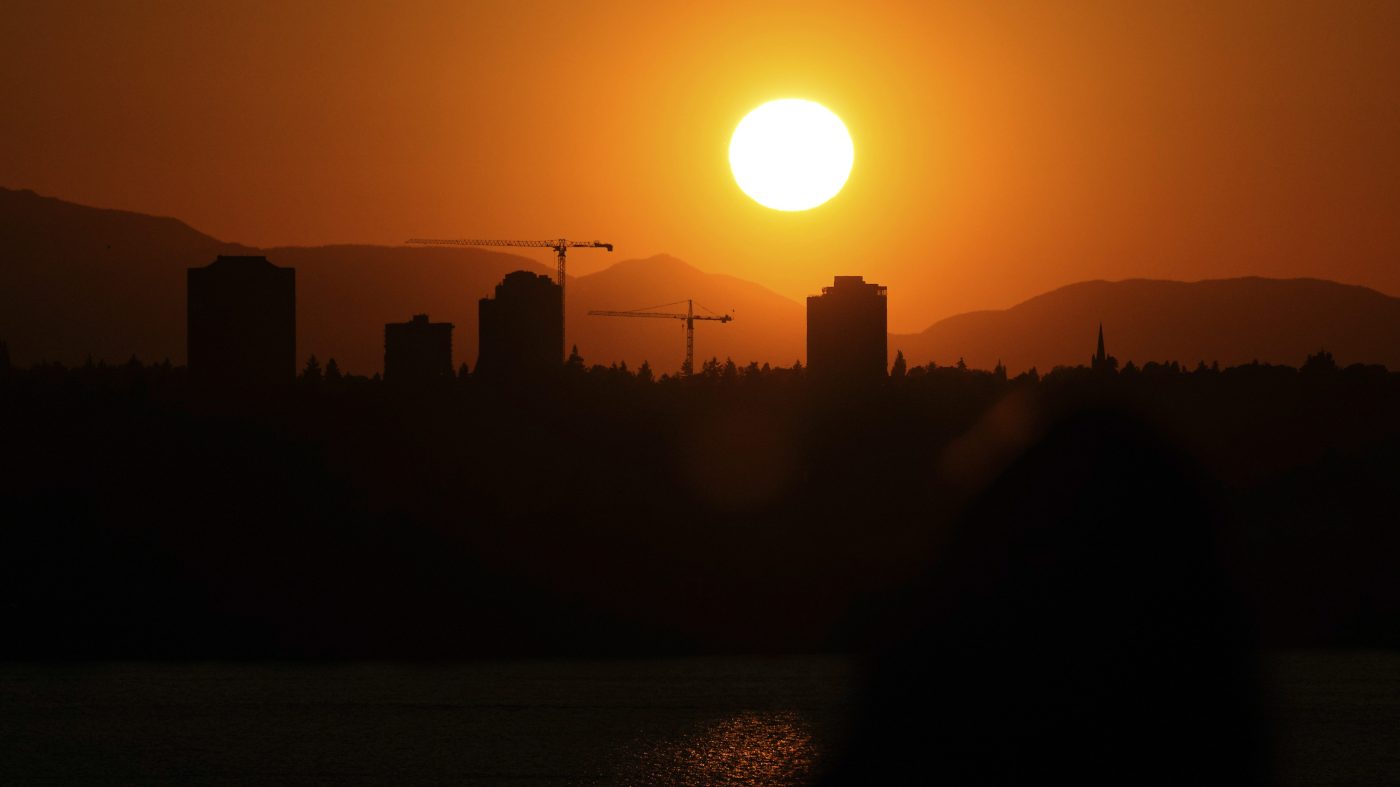The impacts of climate change were so evident in 2023 that, even before December arrived, scientists declared the year to be the warmest in recorded history.
In a report published on November 30, the World Meteorological Organization stated that there was almost little possibility that the year’s last month would stop 2023 from surpassing all previous records for warmth, given several months of unprecedented heat.
“Greenhouse gas emissions are at all-time highs. The temperature is at a record high worldwide. The rise in sea level is record high. Sea ice in Antarctica is at a historic low. Professor Petteri Taalas, Secretary-General of the WMO, described it as a loud cacophony of broken records.
A few days later, the Copernicus Climate Change Service of the European Union verified that discovery.
As of right now, 2023 has seen two record-breaking seasons and six record-breaking months, according to Samantha Burgess, deputy director of Copernicus. “The unprecedented global temperatures in November, which included two days above 2ºC above preindustrial levels, indicate that 2023 will go down in history as the warmest year ever recorded.”
Put otherwise, it wasn’t even close.
Following the establishment of an El Niño weather pattern in late spring, there was an incredible surge in worldwide temperatures, with records being broken for June, July, August, September, October, and November.
The last nine years have been the warmest on record, in actuality.
The reason
Numerous studies have found that burning fossil fuels by humans is raising global average temperatures because the emissions from these fuels stay in the atmosphere and block the sun’s light from reaching space.
The question of whether human activity is driving climate change is settled science. This basic principle is acknowledged even by certain oil companies.
The results
The UN notes that “warmer temperatures over time are changing weather patterns and disrupting the usual balance of nature” and that there are “many risks to human beings and all other forms of life on Earth” as a result of these changes on its website.
Although the majority of scientists are reluctant to directly link any one weather event to climate change, an increasing amount of data has established a connection between damaging weather and rising global temperatures.
According to research conducted this year, the likelihood of the wildfires that destroyed a large portion of Canada was more than doubled.
According to much research, climate change has increased the likelihood of deadly heat waves, such as the ones that have affected China, Europe, and the United States this year.
Additional studies have verified that the severe floods in Africa in autumn, which caused the displacement of millions of people, were twice as likely due to climate change.
“This is it. Now is the time. Michael Mann, an Earth and Environmental Science professor at the University of Pennsylvania, told CNN’s Jake Tapper last week, “We are seeing deadly, damaging, and costly climate impacts now. The question is not whether we are going to avoid dangerous climate change — it’s here — the question is how bad are we willing to let it get.”
The endeavor to address the issue
Every year for the past 28 years, international leaders have convened under the United Nations’ auspices to deliberate strategies for addressing climate change. But during the so-called COP28 this year, they appeared to accomplish a new high. Nearly 200 nations officially committed to a “transition away” from fossil fuels for the first time.
However, a lot of activists and scientists criticized the nonbinding pact for being insufficient. They contend that to effectively combat the ongoing increase in greenhouse gas emissions, a strong commitment to stop using oil and gas products is required.
Mann said to CNN, “It was a disappointment to many of us who wanted to see a commitment to end new fossil fuel infrastructure, a commitment to phase out fossil fuels.” “These actions are necessary to maintain warming below a genuinely catastrophic three degrees Fahrenheit and to stay within the carbon budget. We are running out of time to commit to that genuinely catastrophic degree of warming at our current emissions levels.

Leave a Reply